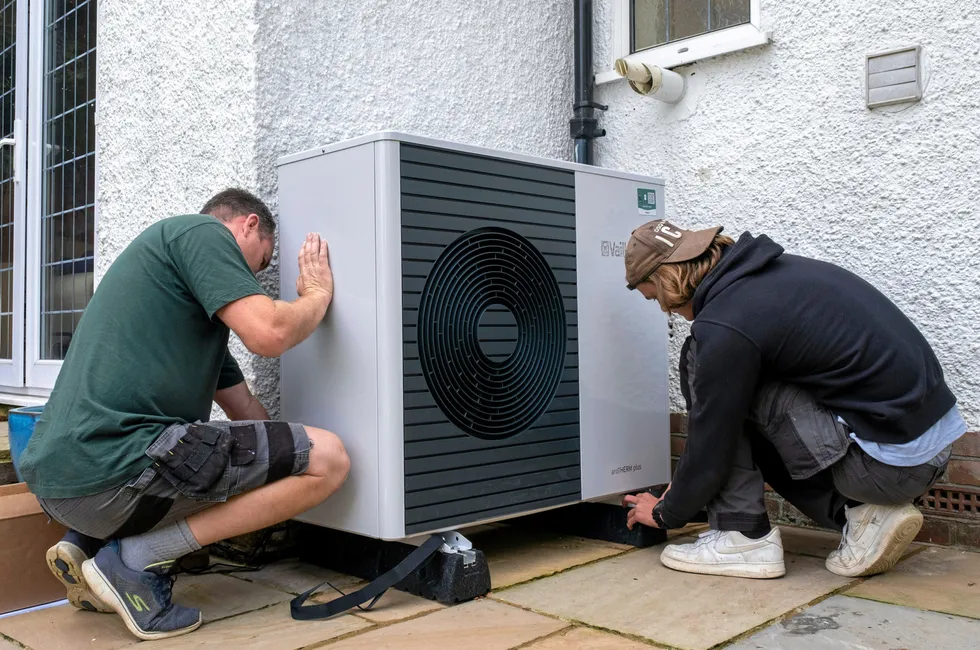A total of 37 independent studies have now concluded there will be no significant role for hydrogen in heating homes
Not a single independent study has backed gas distributors’ and boiler makers’ claims that large amounts of H2 will be needed to heat buildings
